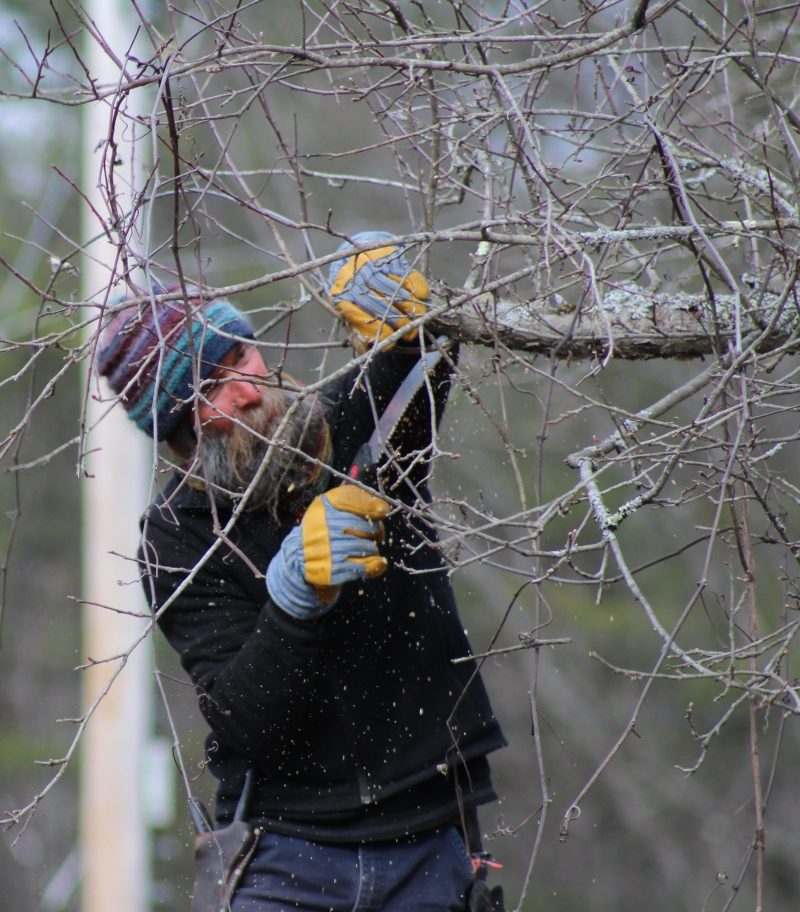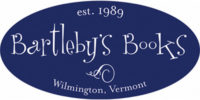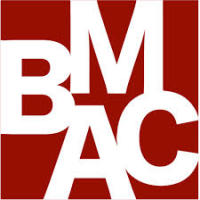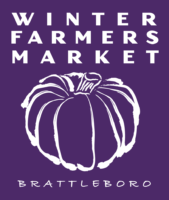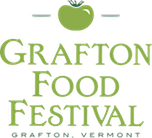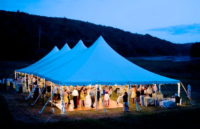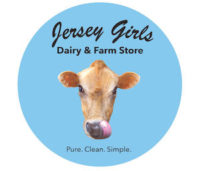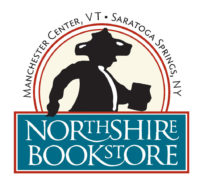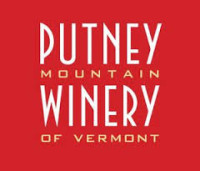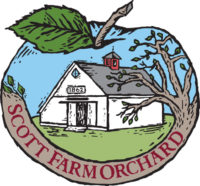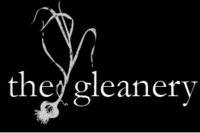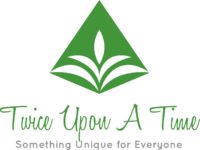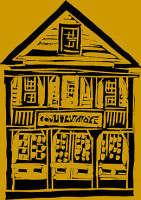Local Flavor: Heritage harvest at Scott Farm
A Dummerston farmer nurtures heirloom apples — a strategy that’s good for the preservation of hundreds of varieties and for the farm’s bottom line
By Allyson Wendt
I’m really excited about the Medlars,” Zeke Goodband tells me as we sit in the warm sun by the apple barn at Scott Farm, where he is the orchard manager. The fruit is native to the Middle East and tastes a bit like spiced apple sauce. “I read about it, and just had to try it,” he adds, referring to the fruit’s appearance in Romeo and Juliet.
Scott Farm, which neighbors Rudyard Kipling’s Dummerston home, Naulakha,, seems an appropriate place for Zeke to have ended up. Over 40 years, he has sought out varieties of fruit discovered in novels, plays, histories, and journals, creating a collection of over 100 varieties of apples, peaches, plums, pears, apricots, quince, grapes, and, of course, medlars. Zeke has recently added paw-paws and persimmons to the farm. He’s managed several orchards, coming to Scott Farm in the 1990s.
His investment in rare and heirloom varieties of apples is not just due to literary curiosity, however. Early on, he realized that he needed the heirlooms to make the orchard economically viable. Mainstream varieties such as McIntosh face stiff price competition from huge orchards in other countries. Many heirloom varieties, like those Zeke grows, do not transport as well as the mainstream varieties, and are best grown locally, picked ripe, and sold quickly.
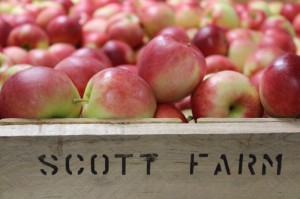 Farming innovation is not new to Scott Farm, which dates back to 1791. The farm at one time had a tavern where Brattleboro residents came to “rusticate,” according to Zeke. The Holbrook family purchased both the farm and neighboring Naulakha and planted the first orchard there in 1911. The farm was among the first to use refrigeration and offer apples via mail order, shipping apples across the country and abroad. At its height, the farm stretched over about 1,000 acres and employed 26 people in the production of pork, milk and dairy products, and maple syrup in addition to apples and vegetable crops. The Landmark Trust purchased the farm from the Holbrooks in 1995, in part to protect Naulaukha, which it had purchased and preserved, from development pressures.
Farming innovation is not new to Scott Farm, which dates back to 1791. The farm at one time had a tavern where Brattleboro residents came to “rusticate,” according to Zeke. The Holbrook family purchased both the farm and neighboring Naulakha and planted the first orchard there in 1911. The farm was among the first to use refrigeration and offer apples via mail order, shipping apples across the country and abroad. At its height, the farm stretched over about 1,000 acres and employed 26 people in the production of pork, milk and dairy products, and maple syrup in addition to apples and vegetable crops. The Landmark Trust purchased the farm from the Holbrooks in 1995, in part to protect Naulaukha, which it had purchased and preserved, from development pressures.
According to Zeke, 50%-75% of the crop stays in Vermont, sold through local grocery stores, coops, and farm stands. Most of the rest stays in New England, and some is sold through a broker to places as far away as Texas. The local nature of the business suits Zeke. “It stays personal,” he tells me, “I often meet people who have tried our apples, and I’m ‘the apple guy.’”
Zeke’s love for apples is palpable as he walks me over to a tree near the apple barn. It’s a demonstration tree, he tells me, pointing to several spots where he has grafted varieties to the original tree over the years. “I had a tree in Maine that had 50 different varieties,” he tells me. Grafting is how orchardists preserve varieties, since trees grown from seed are subject to the whims of cross-pollination, which changes the characteristics of the fruit. This means that current trees trace their lineage directly to historic trees. All Hubbardston Nonesuch apples, for example, come from grafts taken originally from a single eighteenth-century tree in Hubbardston, Massachusetts.
Each variety of apple has a unique flavor and a specific use. Some ripen early, and are best eaten fresh. Others ripen late and do well in storage for the winter (they were bred to do so in the days before fresh fruit was shipped around the world). Others are tart and firm, and hold their shape when baked into pies. Choose the right apples for a pie, Zeke tells me, and you don’t need to add spices. “Cinnamon and nutmeg are really just used to cover up deficiencies in the apples,” he quips.
Now in his sixties, Zeke has begun to pass his knowledge on to an apprentice at the farm. “First I grew fruit for my children,” he tells me. “Now I grow it for my grandchildren.” He also offers pruning and grafting demonstrations at the farm, as well as classes on making hard cider. And he’s always willing to sit in the sun or walk through the orchards and talk about his apples.
Scott Farm hosts an Heirloom Apple Day every fall during Columbus Day weekend. This year it falls on October 13, rain or shine. There will be apple tastings and demonstrations, and farm staff — including Zeke — will be on hand to talk fruit. More info: http://www.scottfarmvermont.com.
SIDEBAR
Cooking apples have a few things in common: they are all a bit tart, firm, and hold their shape well. Zeke Goodband recommends starting with a base apple and adding a bit of another variety with a unique flavor.
- Early Pie: Duchess of Oldenburg with Gravenstein
- Later Pie: Cox’s Orange Pippin or Bramley’s Seedling
- Fall Pie: Baldwin or Northern Spy
Allyson Wendt is a writer and editor living in Brattleboro. She is the founder of SixSeasonFeast.com, a website devoted to local and economic eating.


